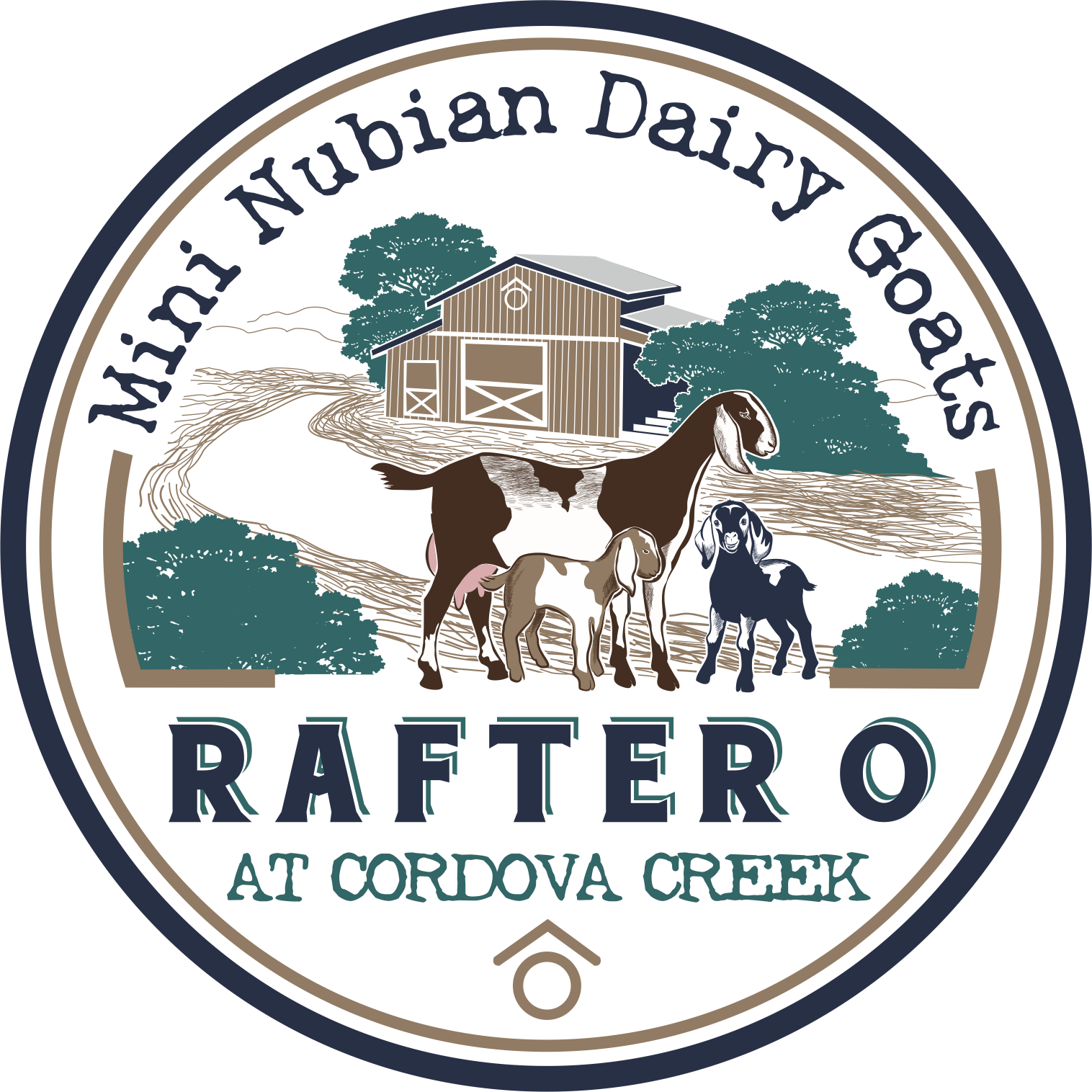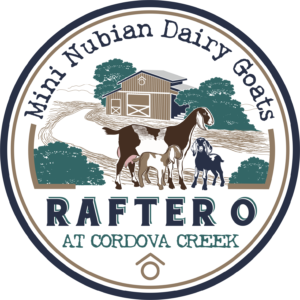Understanding Internal Parasites in Dairy Goats in Texas: What You Need to Know
Raising dairy goats in Texas offers plenty of rewards—fresh milk, friendly goats, and the joy of working with these intelligent animals. However, as any experienced goat owner knows, it also comes with its challenges. One of the most persistent issues many goat owners face in Texas is internal parasites. These microscopic invaders can harm your goats’ health, hinder their growth, and affect their milk production if not properly managed. Understanding how to prevent, detect, and treat internal parasites is crucial for keeping your herd healthy and happy.
Why Are Internal Parasites Such a Problem in Texas?
Texas’ warm, humid climate is the perfect breeding ground for many types of internal parasites that affect goats. The most common types of parasites in goats are gastrointestinal (GI) worms, with Haemonchus contortus (also known as the barber pole worm) being the most notorious. These parasites thrive in moist environments, which means that during the rainy season or in areas with high humidity, the risk of infection increases.
The challenging part is that these parasites are often hard to spot early on. In the early stages, goats can carry parasites without showing symptoms, meaning the problem can get worse before it’s noticed. That’s why regular monitoring and proactive parasite management are essential.
Signs of Parasite Infestation in Dairy Goats
Internal parasites can cause a variety of health problems in goats, and it’s important to recognize the signs early. Some common symptoms include:
- Weight loss: Despite eating well, infected goats may lose weight.
- Poor coat condition: You might notice a dull or rough coat.
- Diarrhea: This can be a telltale sign of a GI worm problem.
- Anemia: Check the inner eyelids for signs of paleness. Anemia often occurs with heavy parasite infestations.
- Lethargy: Infected goats may become sluggish and less active.
If you notice any of these signs, it’s important to act quickly to prevent further damage to your goats’ health.
Parasite Control in Texas
Managing parasites in dairy goats involves a combination of preventive measures and treatments. Here are some strategies to help you keep your herd parasite-free:
1. Pasture Management
Pasture rotation is one of the best ways to prevent parasites from building up in the environment. By moving your goats to different areas of pasture, you reduce the chances of them ingesting larvae from contaminated pasture. Make sure to avoid overgrazing, as this can increase parasite exposure.
2. Regular Fecal Testing
One of the most effective ways to monitor for internal parasites is by conducting regular fecal tests. A veterinarian can perform a fecal egg count (FEC) to determine the level of parasite eggs in your goats’ manure. This helps you decide if treatment is necessary and prevents overmedicating, which can lead to drug resistance.
3. Deworming
Deworming should be done as part of your regular parasite management plan. However, overuse of dewormers can lead to resistance, so it’s important to use them judiciously. Your vet can recommend a deworming schedule based on fecal testing and the specific parasite issues in your area.
Some commonly used dewormers for goats include Ivermectin, Fenbendazole, and Levamisole, but be sure to consult with your vet before administering any treatment.
4. Deworming with Alternative Methods
Many goat owners are turning to herbal dewormers or diatomaceous earth as a natural way to help control parasites. While these alternatives may not be as proven as pharmaceutical treatments, they can be a good complement to an integrated parasite management plan. Always consult with your vet before introducing these options into your regimen.
5. Maintain Good Nutrition
A healthy, well-nourished goat is better equipped to fight off infections. Make sure your goats are getting a balanced diet with the right amount of protein, vitamins, and minerals. This helps support their immune system, making them less susceptible to parasite infestations.
6. Mineral Supplements
Certain mineral supplements, like high-quality mineral blocks or oral supplements with copper and selenium, can boost your goats’ overall health and immune system, helping them fight off parasite infestations. Be careful with copper, though, as it can be toxic to sheep and other non-copper-tolerant animals.
Conclusion
Parasites are an ongoing concern for dairy goat owners in Texas, but with the right management strategies, they don’t have to be a major problem. Regular fecal testing, pasture rotation, judicious deworming, and maintaining good nutrition are key to keeping your goats healthy and productive. With a little attention to detail and proactive care, your herd can thrive without being weighed down by internal parasites.
Stay tuned for future blogs, where we’ll dive deeper into conducting fecal egg counts, parasite control techniques, and how to keep your dairy goats healthy in the Texas climate!




